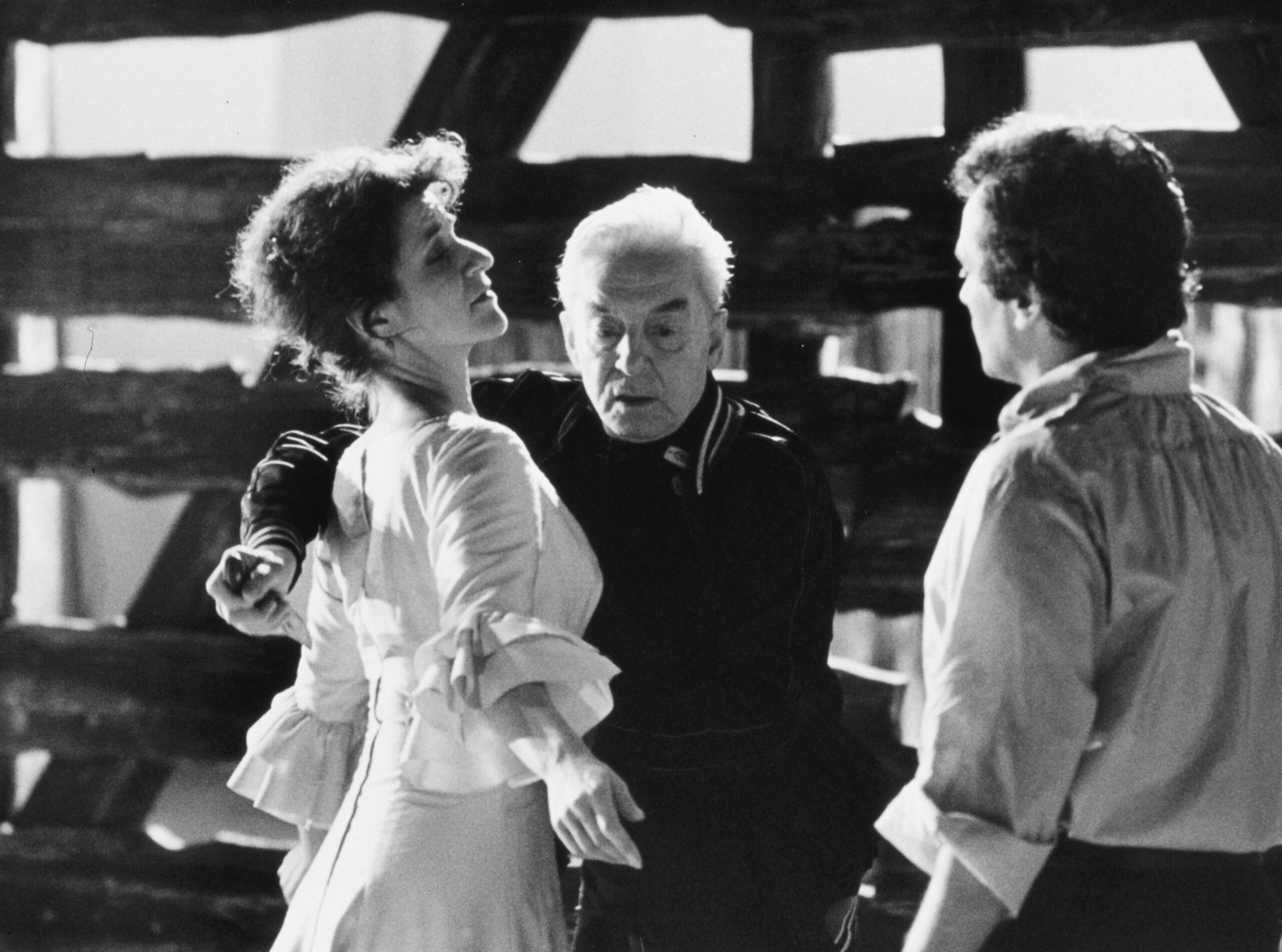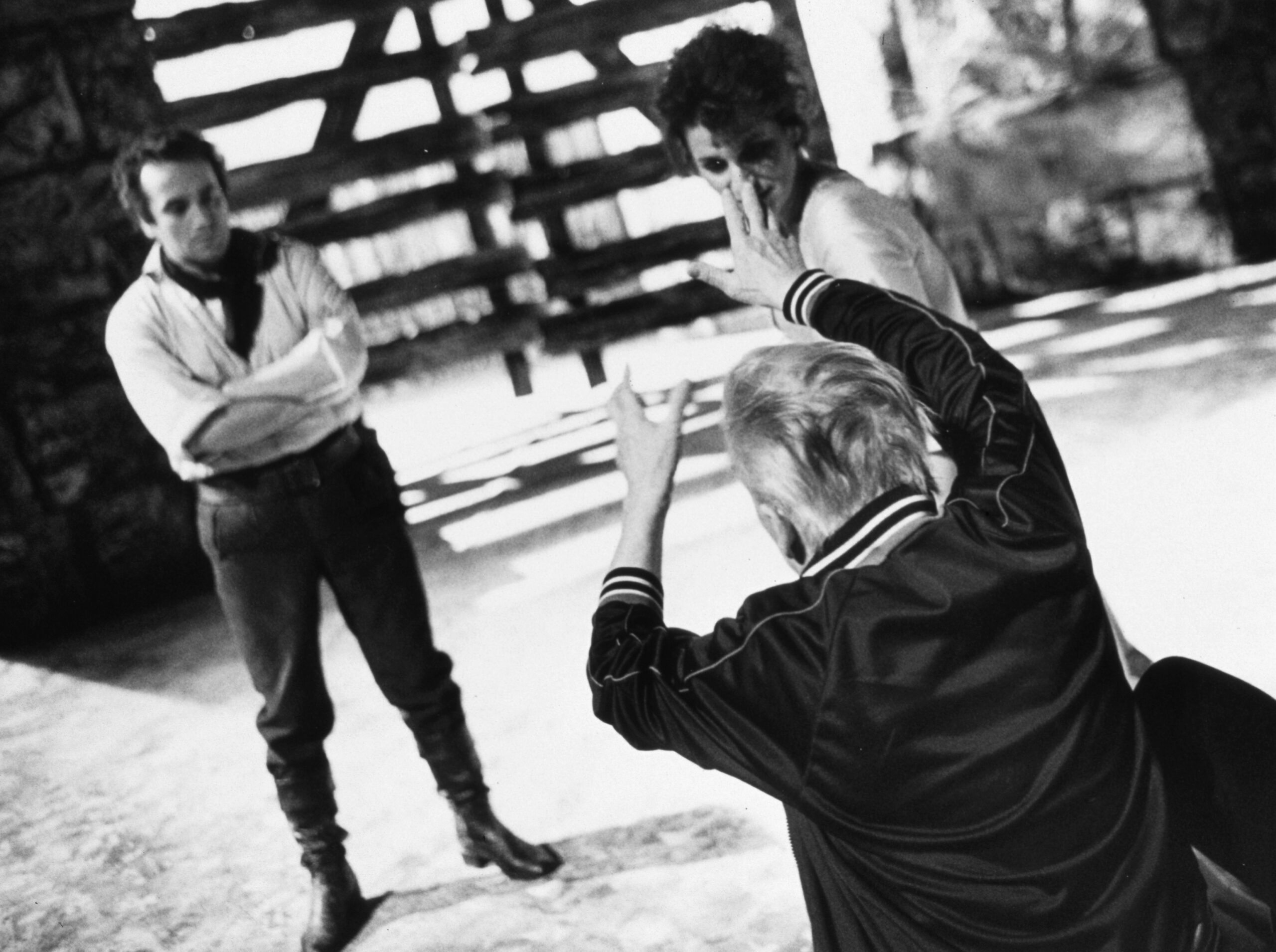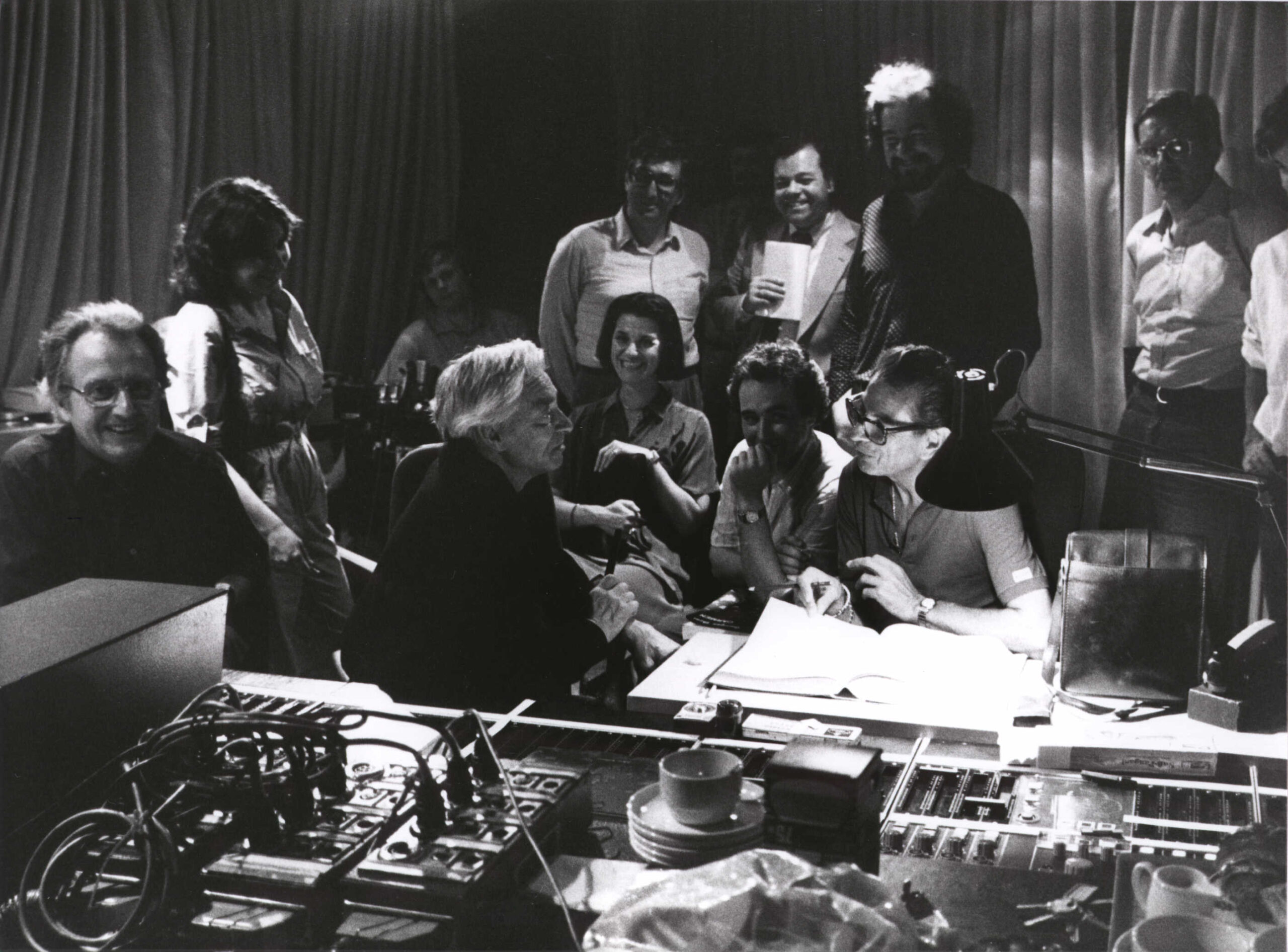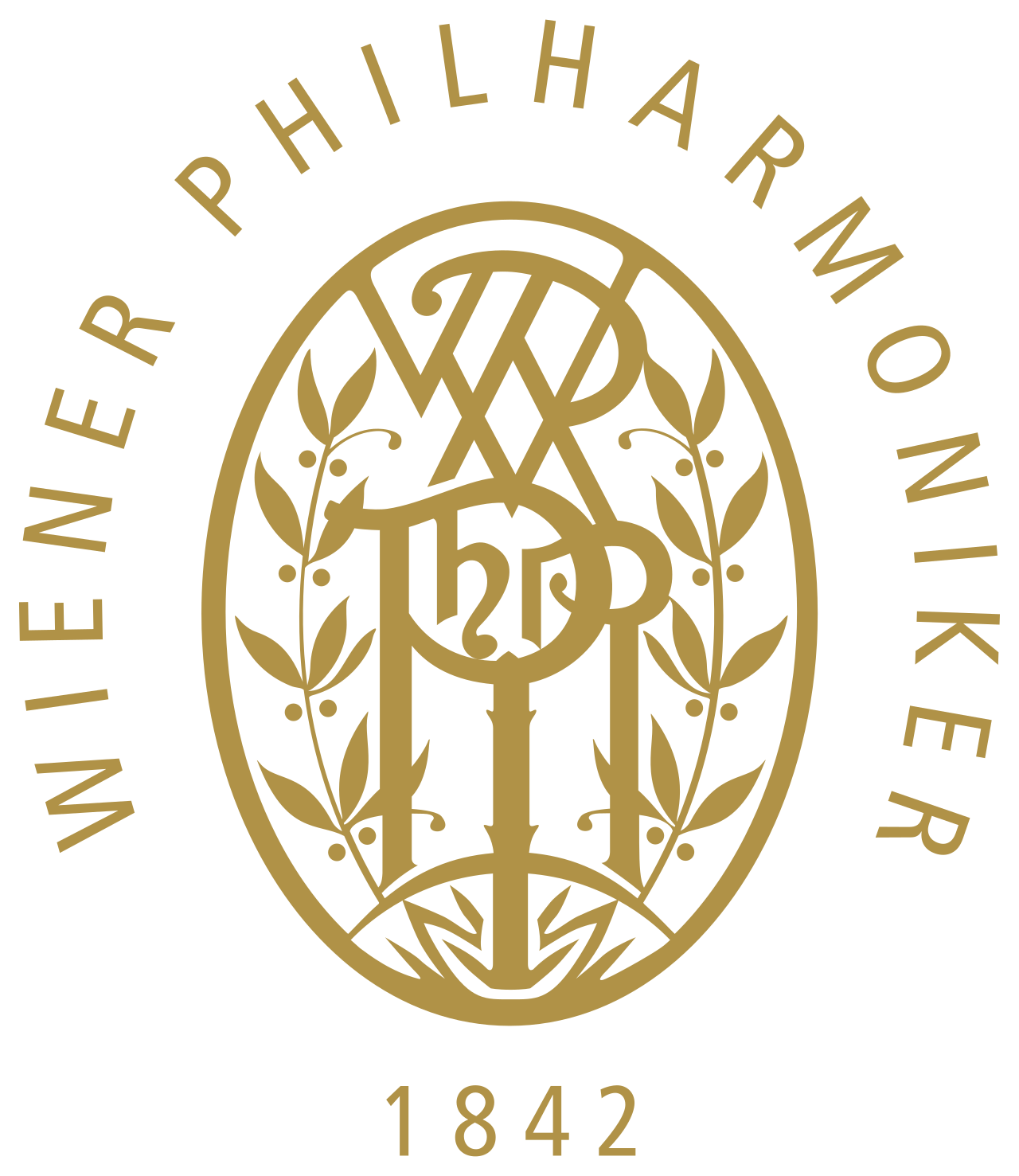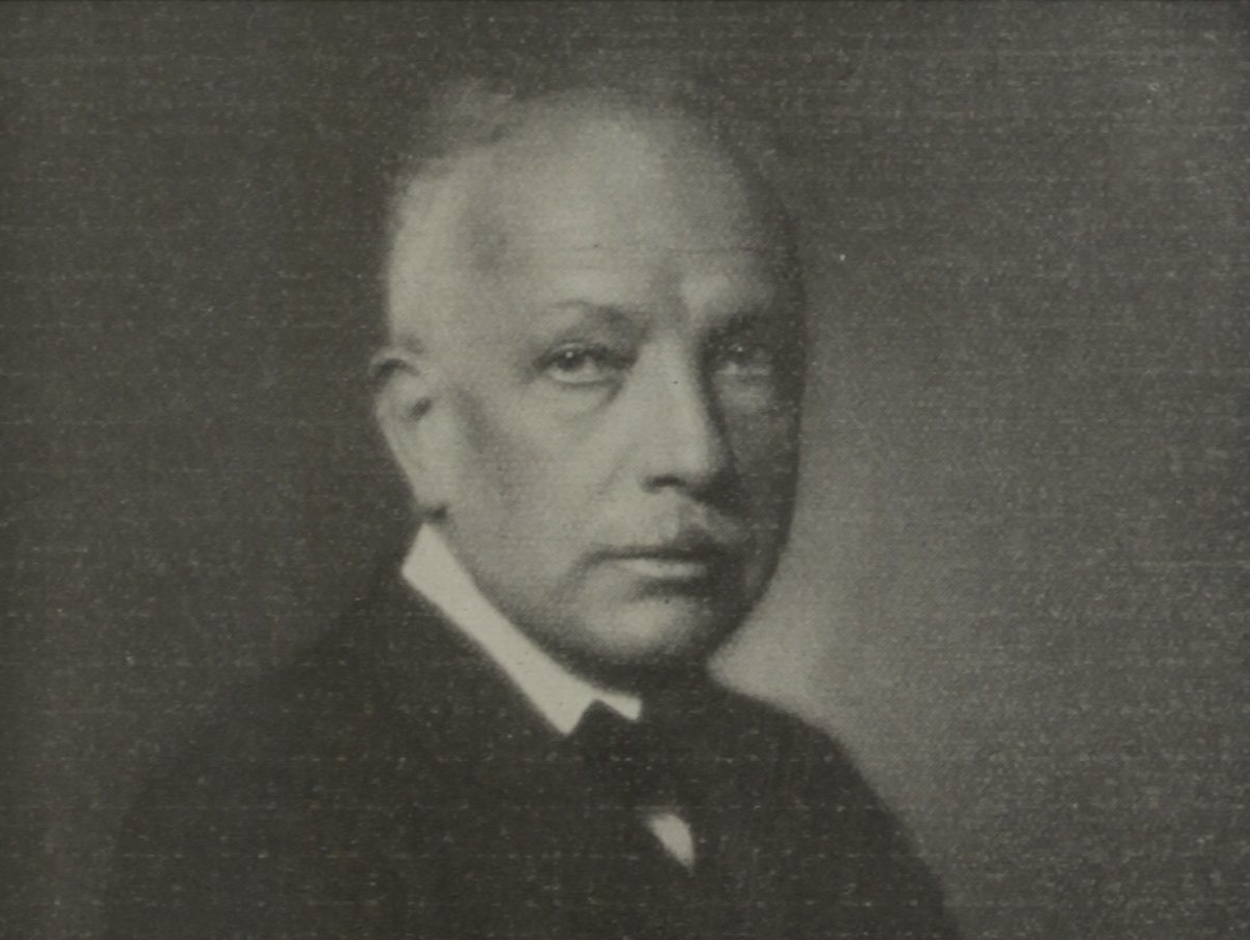26 January 2023
P.R. Jenkins
Karajan artists: José Carreras – the man with two lives
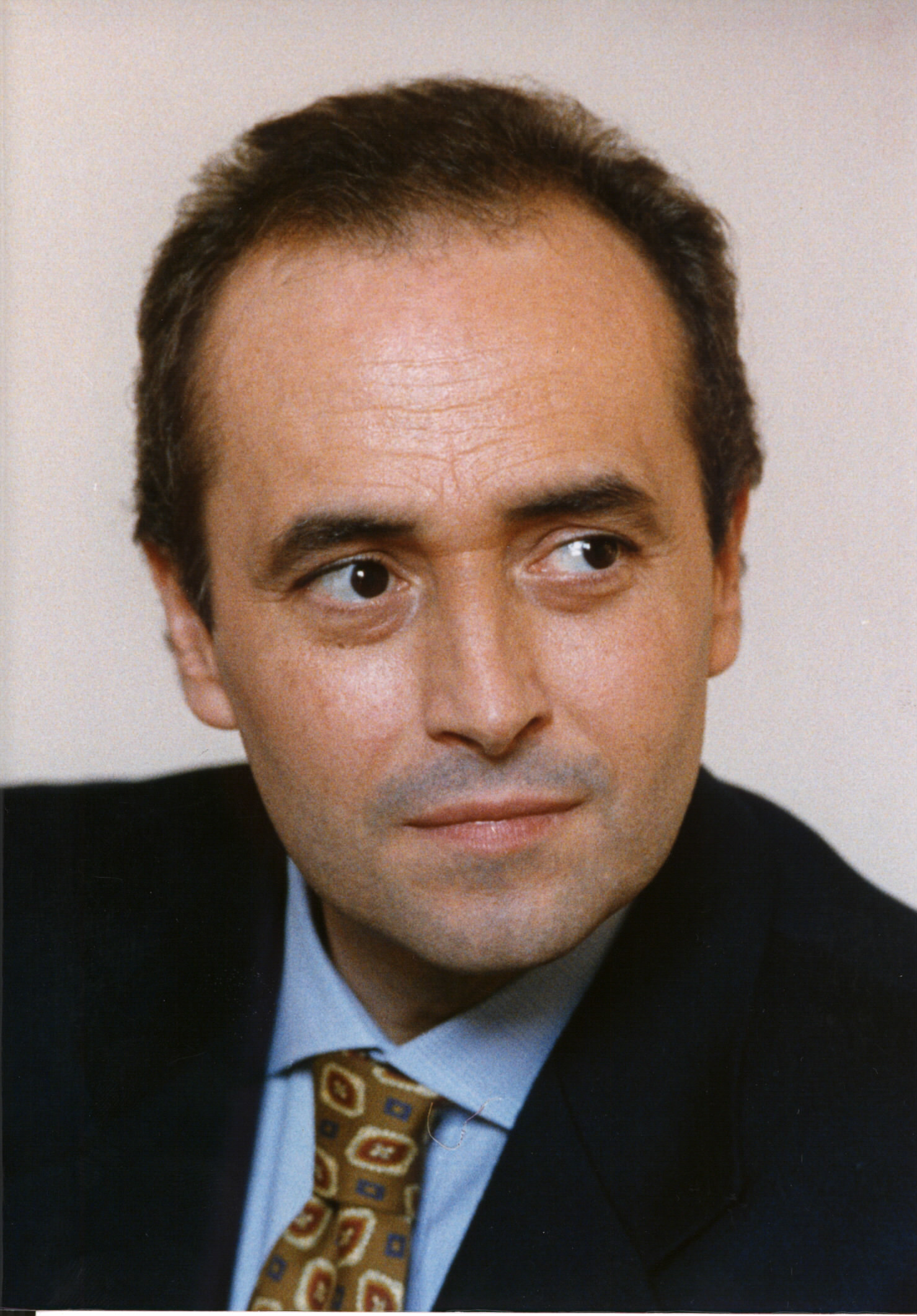
José Carreras (born in 1946) is not only one of the most famous tenors of our time but was also an irreplaceable singer for Karajan’s opera productions in the 1970s and 1980s. Their “Don Carlo”, “La Bohème”, “Aida” and “Carmen” were a tremendous success and only Carreras’ life-threatening leukaemia disease impeded further projects in Karajan’s final years. Carreras recovered and often emphasised his gratitude for Karajan’s support in those troubled times.
“In Karajan’s presence I had the impression of standing in front of a genius who was conducting exclusively for me.”
José Carreras
Their first encounter was in 1976. The year before, members of Karajan’s staff had heard Carreras at the Scala and suggested he be offered an engagement in Salzburg for Verdi’s Requiem and the new “Don Carlo” production. Carreras later recalled: “Nothing could have made me happier after my debut at the Scala than the opportunity to sing under Herbert von Karajan.” Happy – but also nervous. The first rehearsal for the Requiem was a disaster. It took place at ten in the morning, Carreras had slept badly and his voice failed. But Karajan didn’t seem to attach any importance to it and the successful performance was “the beginning of a special relationship between Karajan and me”. They performed the piece together six more times.
Because of his voice failure in the first rehearsal with Karajan, Carreras was afraid of losing the title role in “Don Carlo” the following year. But later on that potentially fateful day – to his great relief – a tailor appeared to take his measure for the costume. And what began in the summer of 1976 went on for ten years. No other singer performed the Spanish prince with Karajan as often as Carreras – 25 times live, and in the studio and on television too.
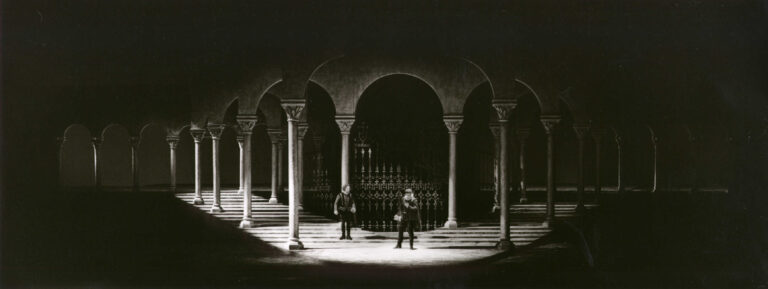
Karajan’s long-awaited return to the Vienna State Opera in 1977, 13 years after his resignation from the position as artistic director, caused a sensation in Vienna. The three operas Karajan conducted were “Figaro”, “Il Trovatore” (with Pavarotti and Price) and “La Bohème” with Mirella Freni and José Carreras. Carreras recalled: “With the curtain down and the applause for the conductor undimmed, my heart was pounding. Mirella later told me she had felt the same way despite her long-lasting collaboration with Karajan. I don’t think I’ve sung Rodolfo as well as that on many occasions.”
As usual Karajan had recorded his Salzburg production of “Aida” before he conducted the live performances at the festival. Although the recording sessions in Vienna went without a hitch, José Carreras – who was singing Radames – was terribly nervous before the stage premiere in Salzburg. On the day itself, he tried to take his mind off things by strolling around in the forests near the town. But he was still very close to panicking. Karajan must have foreseen Carreras’ mood and phoned him. He instilled self-confidence in the singer and managed to calm him down to a state of pleasurable anticipation. And it worked! Carreras later recalled: “The 26th of July 1979 is one of the red-letter days in my career. The result was so spectacular that in the following summer when we were presenting “Aida” again, no other opera production was as sought-after as this one. We could have sold six or seven times as many tickets.”
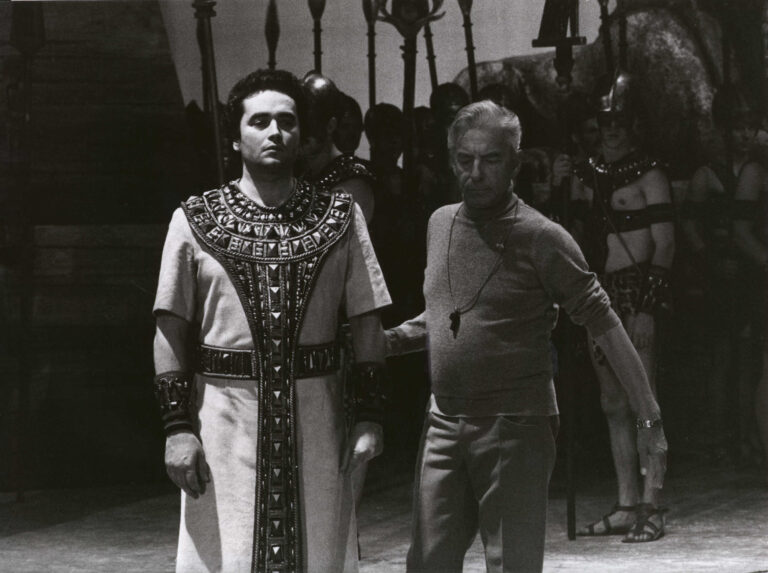
“Working with Karajan, every singer discovered a new dimension in the art of opera. Furthermore he succeeded in making every aspect of the music appear logical and in giving the work in question an immense profundity.”
José Carreras
José sang José and rivalled with another José – Karajan’s last recording of “Carmen” “contained some really rather fiery conducting, Agnes Baltsa’s angry, earthy, cynical bitch of a Carmen, a fine José (José Carreras) and an exceptional Escamillo (José van Dam).” (Richard Osborne)
“Carmen” was Karajan’s and Carreras’ last project. The recording was made in 1983, the 15 live performances 1985 and 1986 were the last time Karajan conducted Bizet’s masterpiece. Carreras was surprised when Karajan suggested that he should sing the end of the famous flower aria not forte, as it is usual, but pianissimo because “he is deeply in love at that point in the story” and it would be inappropriate to shout the last tone. It was technically demanding but Carreras tried and sang it this way, not only for the record but also live at the premiere on 26 July 1985 in Salzburg. Carreras was proud of Karajan’s high praise: “After we had finished the recording, Karajan said to me: ‘It took me seventy-four years to find a Don José as I had always imagined him to be.’”

After having cured his leukaemia condition in 1988, Carreras visited Karajan at home. The maestro encouraged him: “Tell me when you have recovered completely and you feel like doing something new. Then we can meet again and think it over.” It didn’t happen, Karajan died in the following year.
“Karajan’s death affected me deeply. We had gone through a lot together and I felt like I’d suffered a great loss. Not only had he treated me with outstanding respect and affection over the years of our collaboration, I also learned a lot from him. I admired him deeply and I was grateful for everything he had done for me.”
José Carreras
We’ve prepared playlists with Karajan and José Carreras. Listen to them here.
— P.R. Jenkins
after: José Carreras and Màrius Carol: “Aus vollem Herzen” München, Siedler. 2011



